Jamsheed Rasool.
With the new forms of governance, media assumes a new role,
The role of media, the so-called, fourth pillar of democracy has to be seen in proper light. Is media potent enough to act as a catalyst bringing such changes or is it nothing more than a mute spectator watching the happenings from the safety of the shore. The conclusion cannot be reached at if the historical facts are bypassed and if media’s role when put on the touchstone of world occurrences is not seen in proper light.
Talking of world history the cultural clashes are as old as the mountains. As John street mentions in his phenomenal book ” Mass Media Politics and democracy”, ” Before the emergence of the modern territorial state global politics can be told largely as the story of encounters among different civilizations-for example, between the Mongols and Chinese around 1200 C.E., or between the romans and greeks around 200 B.C.E. or between the Spaniards and Aztecs in the fifteenth century.”
In the wake of World war-II, however many of these historical national animosities (for example, between the Germans and the French) were also put aside. In Europe where conflict between nations had been fiercest, national identity was tempered: Not only did most national groups have their own state but international Institutions such as the European economic Community and the Warsaw Pact, and the overarching East-West conflict, encouraged rival nation-states to work together for common economic, political or ideological purposes. Although there were a number of bloody identity-based conflicts during the cold war-for instance, between Greeks and Turks on Cyprus-communal tensions usually took a back seat to the East West conflict.
Eastern Europe was certainly not the only sector of the Globe where victory by the Allies in the second World War would lead to conflict between the United states and the soviet Union in the Cold war. As James ray And Juliet Kaarbo write in their book “Global Politics”, “A broadly similar process took place in China. The Japanese had taken over large areas of that country during the war, pushing the Nationalist Government of Chiang Kai-Shek farther into the hinterland.” The world got divided into the Communist Block and the capitalist World. By 1956, doctrinal disputes between the Soviets and the Chinese began to arise. Perhaps the most important one concerned the adaptation of Marxism-Leninism to the advent of nuclear weapons. At the twentieth Party Congress in 1956, in the same speech in which he denounced Stalin, Khrushchev announced that there was no inevitably of War between the Communist and Capitalist world.
The end of World War also marked the end of Imperialism. Following the War the Process of Decolonisation, in which the imperial powers voluntarily gave up or were forced to give up their colonial possessions, begun. Syria, Lebanon and Palestine for example, which had been placed under international mandate after World War, became independent. Decolonization was often, although not always, a violent process, Britain ’s exit from India led to war between the Muslims and Hindus and the establishment of two separate states, India and Pakistan. The Term, Third World originated during the cold War and was applied to the states that were not directly part of on the verge of polarization with Israel, America and other like-minded countries on the one side the United Staes-Western Europe-Japan alliance(the first World). The two Superpowers particularly the United States in the early years of the cold War, would see in the process of decolonization an opportunity to win allies and control strategic areas in the struggle between communism and capitalism.
Another World problem plaguing the World peace has been the Arab Israeli Conflict. It is one issue, always risking the possibility of superpower intervention. This issue has brought the World and the Islamic World on the other side. The role of media vis-à-vis truth has to be analyzed from the philosophical perspective as well. If the Truth is so sacred, why is honesty so often the first thing to be compromised when it is in our self-interest to do so? The answer may lie, in part, in that the tendency toward dishonesty is as much a part of human nature and our societal norms as telling the truth. Dennis Maquail, writes in “Mass Communication Theory-An Introduction”
” The art of deception enjoys a history at least as ancient(if not as honorable) as the commitment to truth. Deception was linked irrevocably with the idea of original sin when the serpent deceived eve, who in turn persuaded Adam to eat the forbidden fruit of the Tree of Knowledge. This propensity for lying was passed on to Adam and Eve’s offspring”.
As rational beings we depend on truthful accurate information to make informed judgements about a whole lot of activities. Because many of our working hours are spent counting the visual and auditory stimuli provided by the mass media, we have a right, as autonomous individuals, to expect media practitioners to behave with the same degree of integrity as the rest of the society. The boom of 24*7 News channels in India which dole out News as an entertainment item certainly do not seem an actor which could bring a change in the society. Contrary to other international 24*& News channels the Indian News Channels do not even look like a factor to act as an agent of Change in India. A change whether social or political is therefore, very unlikely.
Daya Krishan Thussu and des Freedman have so beautifully remarked in their famous book ’(War and the Media-Reporting conflict 24*7)
“The pressure to be first with the news can create a tendency among news channels to sacrifice depth in favor of the widest and quickest reach to LIVE news to an increasingly heterogeneous audience. There is a danger that such a news culture may be detrimental to the quality of news”.
Mac Gregor, another commentator on Media has gone a step further by noting,
“By making the LIVE and the exclusive in to the primary news values, accuracy and understanding will be lost”
Here one thing is pertinent. The media of today is being reflective of the happenings rather than being the procreator of public opinion. Tibet is an excellent specimen. Were not human rights violations taking place in Tibet from so many decades? Did not Tibet merit being separated from China so many years ago? Did not it deserve to exist as a sovereign state so many years ago? Was not Taliban morphing in to a dangerous military unit when they were helping USA to hound away the Russians? Was not Sadam Hussain a threat to World peace when he was allying with USA to check the Iran ? Why does media (particularly US Media) become insensitive to the problems of any country of the world when it has to go against the interests of the country they have been born and bred in? Were was the World Media When Saddam Hussain was getting the Shias of his own nation drowned in the oil Wells? Why did not Media gather as thundering cloud ready to burst on Saddam? Why was not the wailing of innocent Tibetans getting muffled on its way to the front pages Washington Post and Wall street Journal? Why still is not the human rights violations in the Kashmir reaching to the front pages of the British dailies? The questions are so many and strike our face. There are good people too in every country. People who care about, not only about there own fellow citizens, but about every other human being in the World. The problem lies in assimilating the opinion of the like-minded people. For a change (whether social or political) to occur the assimilation of public opinion is of utmost importance. That is, practically speaking, the job of Media. All having said and done, getting people flocked under one Umbrella of opinion is a hilarious task.
Another demon that has surfaced in the later half of this century is the control of Media being snatched away by certain anti-peace elements. The two glaring examples of this phenomenon are the US electronic Media said to be funded and fed by the Fundamentalist Zionists and the other example is the vernacular press of Western Indian State of Maharashtra with full financial backing from the hardliner Fascist-minded Hindutva groups like Shiva Sena. It is no secret that how US electronic Media openly takes sides with Israeli policies towards West Asia without making a slight effort to delve in to the real side of the story. In India The vernacular Marathi (the official language of Maharashtra ) dailies fully endorsed the View of Hitler-reincarnation Raj Thackery to drive out the North Indians from the Indian financial capital Mumbai. When modern day Media is viewed through the broader prism of a social or political change, it falls short of the requisite parameters. The job of Media is to assimilate and nourish the public opinion so that it can snowball into a precursor of change. A vibrant Media can make a change, whether political or social, if it shrugs off its unwanted association with certain orthodox or Fascist-minded elements. However, the change can occur only when the people want it. Blaming Media for everything is not fair. Let us assume the people of China never want Tibet to be separated from it. Can Media nurture courage to go against the public opinion? It would be decimated to oblivion, obviously. A compromise thus is inevitable. Media it seems has struck the right chord, between being an out-and-out critic of the oppressive policies of the Government of the country they operate in and at the same time being a mute spectator watching the happenings from the safety of the shore.
Aristotle’s cycle of changes which was, it seems, realism at that time, is now nothing more than outdated philosophy. Or may be the changes occur at such a slow pace that there relevance is relegated to an absolute zero. Monarchy changes in to Tyranny and tyranny into aristocracy, Aristocracy in turn changes in to oligarchy and oligarchy into a form of Government we know as Democracy. Democracy, when corrupted, would again pave the path for Monarchy. Democracy, we live in, is not Democracy anymore. India is a perfect specimen. Pakistan is a close second.
USA , when viewed from a higher vantage Point fares no better. The supreme are in charge and the downtrodden accept them with bowed heads. Media has a role or may be it has not.. The Media has not been able to assimilate the views of the different peace-minded people and has thus diluted the cycle of change proposed by Aristotle. Media can not be sued as such. Democracy is double-faced. On the face of it, democracy infallible as an angel is. When the skeletons tumble out from the cupboard of democracy, its face makes us puke. Dark as a charcoal, it makes Saitan seek refuge. A change is highly unlikely. Sometimes Constitution is so flexible that it has countless “Lesser Evils” as alternatives as backup to the preceding out-dated ones. And sometimes the Media is as lame as the people are. People, thus, have proved Aristotle wrong. Media has rejected him.
(Jamsheed Rasool is a student of Amar Singh College. He can be mailed at jamyhere65@yahoo.com)


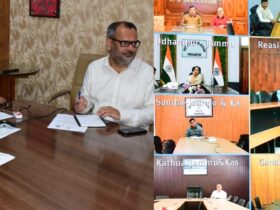


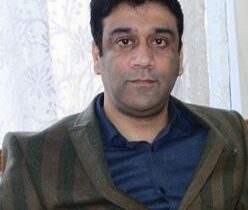
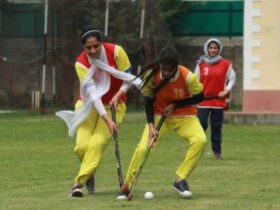

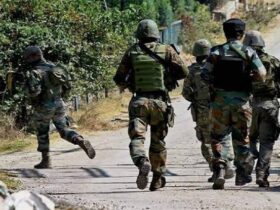

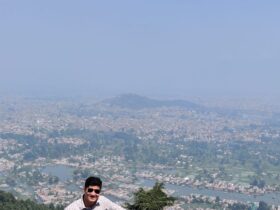
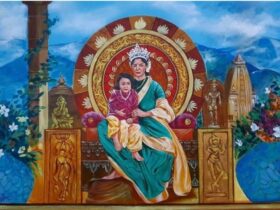

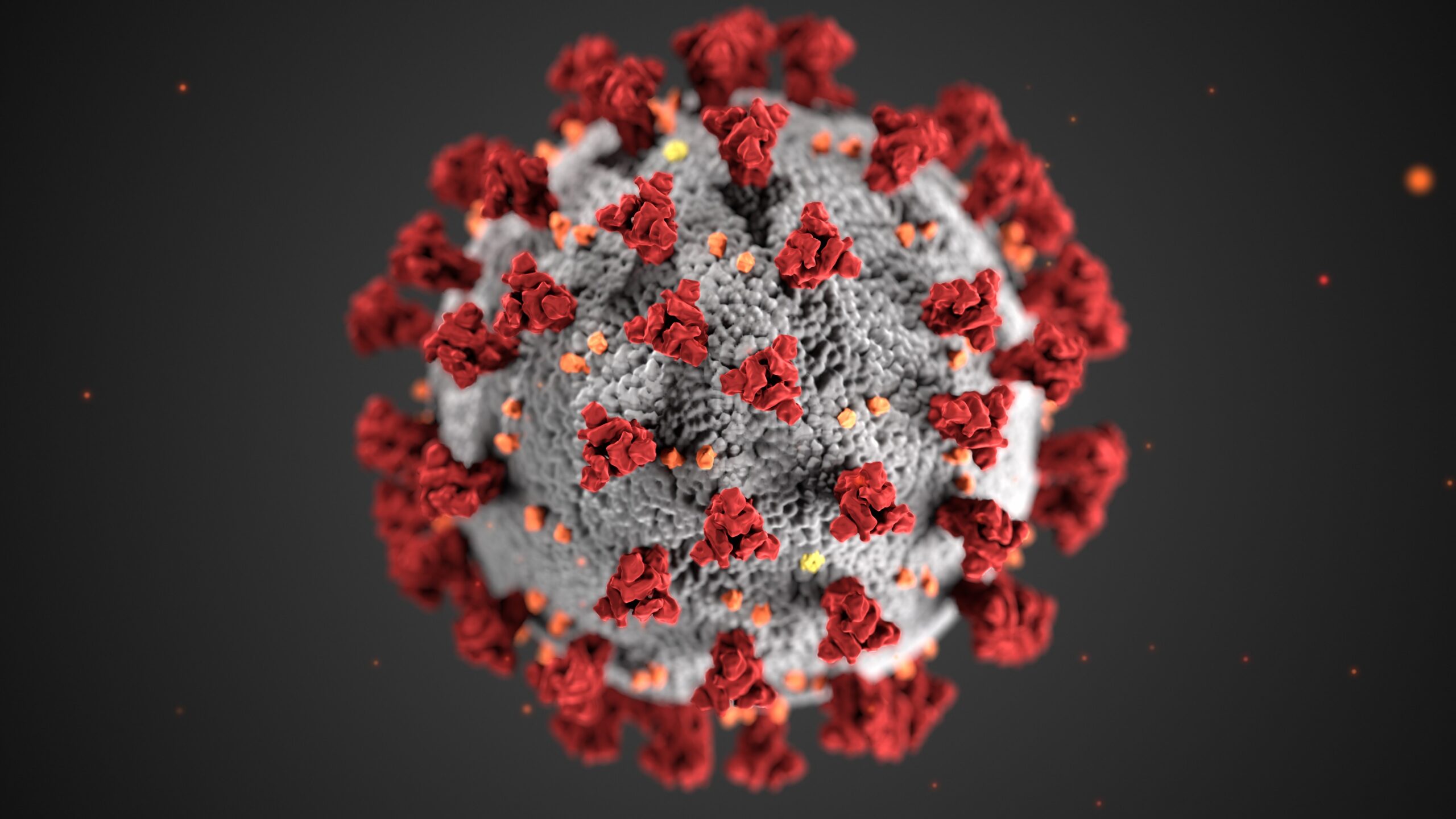
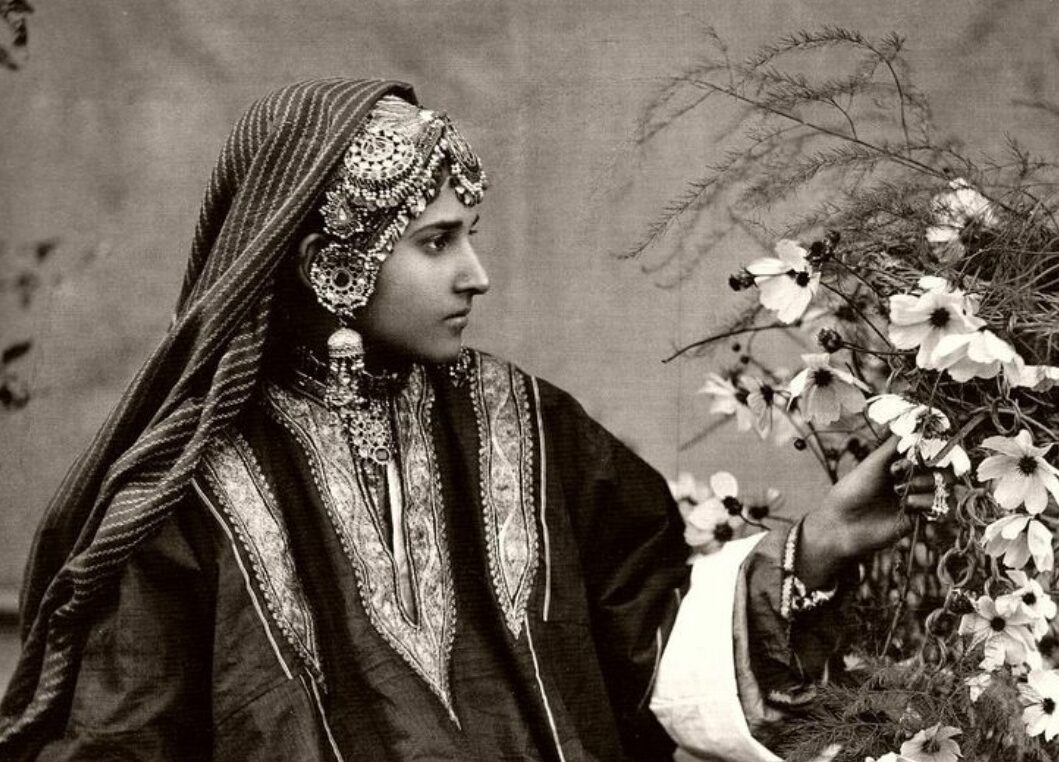
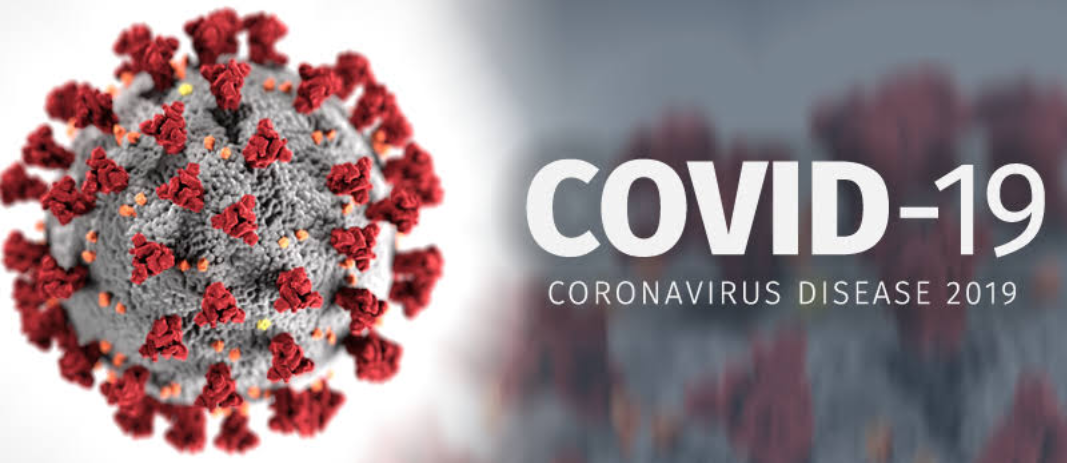
Leave a Reply